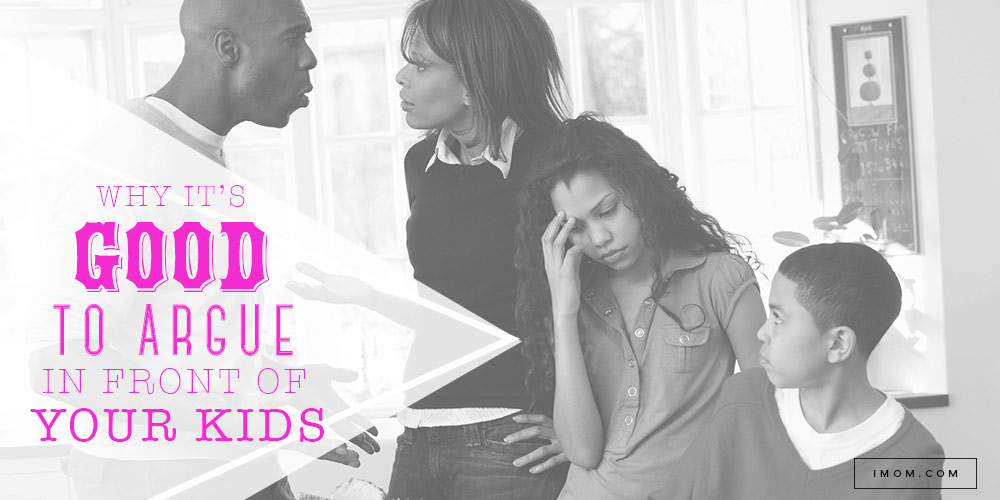As a marriage counselor, one of the few things that I can guarantee is that all couples will experience conflict. Therefore, since conflict is a normal part of any relationship, learning how to manage disagreements in a constructive manner is crucial. One of the most powerful methods I’ve found for helping couples regulate conflict is by developing a set of rules. Just like the Geneva Convention helps countries to fight “fair” while at war, having written rules can aid couples as they engage in the “battles” of marital life.
My wife, Erin, and I discovered the value of having rules during a recent conflict. Right before a family trip, Erin was explaining how to use an alternate alarm code to our house sitter. Later that night as we were getting ready for bed, the phone rang. Suddenly, Erin screamed that the police were on the phone and ran down stairs. Without realizing the seriousness of the situation, several minutes passed before I sought an explanation. When I got downstairs, the front door was open and Erin had disappeared. As I walked out, I was shocked to see two police officers with their guns drawn!
Like a deer frozen by headlights, I didn’t move until I was ordered away from the house. When I finally found Erin, it wasn’t the emotional reunion I expected. “This is all your fault,” Erin hissed. “You told me the wrong code and I triggered the silent alarm!” As the officers rolled their eyes, I quickly responded, “She pushed the code and almost got me shot!”
As our argument escalated, one of the officers interceded. “I don’t mean to interrupt,” he said to me, “But is there anyone inside the house who might harm you besides your wife?” The tense situation resolved when Erin and I stopped our verbal barrage and helped the officers finish their search.
How Emotional Arguments Can Cloud Real Issues
The real task during marital conflict is whether sensitive issues can be brought up and how each mate responds. After hearing the problem, will there be listening and communication, or will anger and withdrawal be present? During an argument, most couples experience intense emotions such as anger, fear, sadness, mistrust and hostility. These can cloud the real issues if the couple is unable to deal with them in a constructive manner. When Erin and I were arguing in front of the police, we needed to move beyond embarrassment and anger in order to resolve our differences.
The most helpful way that I’ve found to deal with conflict without getting trapped in escalation or withdrawal is by developing a set of rules. These rules or agreed-upon strategies keep us from becoming distracted by the emotions of an argument. They provide guidelines for what is in bounds and what is out, who can speak when and in what way, and how both will listen to the other. Rules do not remove the emotions or solve the problem; instead, they make the disagreement manageable by setting the stage for constructive communication. Finally, rules allow the real issues to be uncovered much faster.
Eight Rules for Protecting Your Relationship during Conflict
1. Above all, strive to reflect HONOR in all of your words and actions during a conflict.
2. Select an Appropriate TIME AND PLACE.
3. Agree to use a TIME-OUT when things get out of control or escalate. However, agree to resume the discussion when your emotions have cooled off.
4. The best type of COMMUNICATION is to actively listen and repeat what you mate is saying. This slows down the process and allows each person to feel heard and understood.
5. Attempt to find a “WIN-WIN” SOLUTION–where needs are met on both sides. Techniques like “brainstorming” and “pros vs. cons” lists work great.
6. ACCEPT ANY BLAME for your part in the conflict and FORGIVE each other.
7. PROTECT times of fun, friendship and sensuality from conflict by agreeing to deal with the conflict at a later time.
8. Make conflict resolution a REGULAR HABIT!
You may be thinking that this sounds too strict or complicated, but as you’ll see, it’s not. Rules like the ones above can help to prevent poorly handled conflict from harming the wonderful things in your marriage. By creating your own personalized set of conflict rules you can greatly facilitate your ability to handle disagreements in a manner that protects intimacy and promotes growth in your relationship.
Taken with permission from Greg Smalley Psy.D. Greg Smalley, Psy.D. is director of Marriage Ministries for the Center for Relationship Enrichment on the campus of John Brown University in Siloam Springs, Arkansas. Greg is the author or co-author of eight books concerning marriages and families. Visit Greg at www.liferelationships.com.









